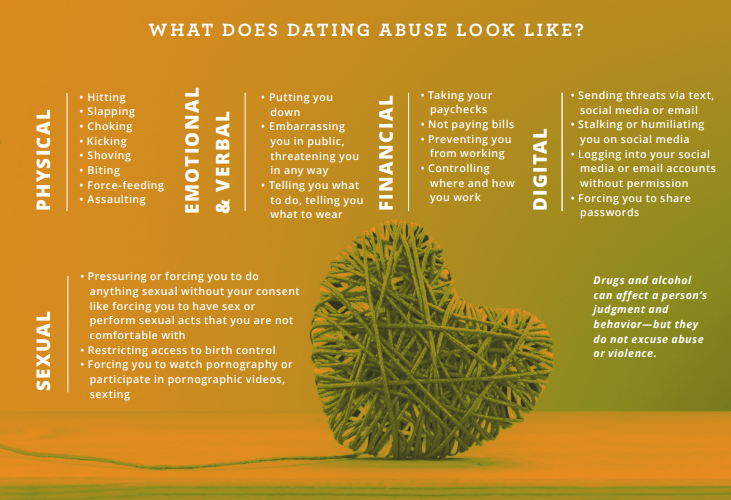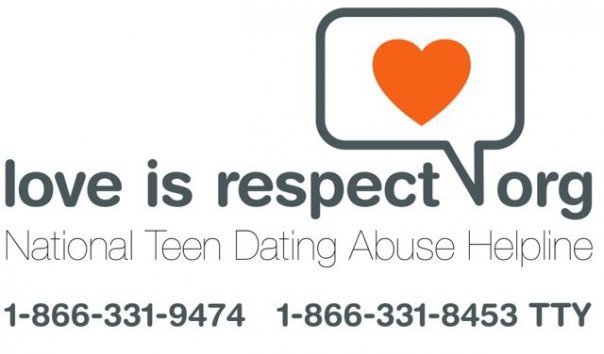By Paul Williams
If you suffer abuse from an intimate partner, please stop what you’re doing, and call The National Domestic Violence Hotline at 1-800-799-SAFE (7233).

According to the World Health Organization alcohol can be a major contributor to intimate partner violence. However, one needs to remember when discussing this issue, alcohol and alcoholism are never a sole trigger for, or cause of, domestic abuse. Rather, they are compounding factors that could eventually trigger intimate partner abuse in a violent individual. There is a misconception that when someone is an alcoholic who commits domestic abuse, becoming sober will fix this issue. While reclaiming their sobriety can put a stop to regular abuse, it does not solve the core issue. Rather, it buries it under that person’s own shame and guilt but can still come out later in time. Only by fully confronting the underlying reasons for the abuse, can someone who abuses their partner be treated.
What Does the Data Show?
While there is much debate as to whether alcohol can be a lone trigger in domestic abuse, it cannot be denied that it is statistically more likely to be involved than it isn’t. Two-thirds of victims of spousal abuse report that the perpetrator had been drinking at the time of the incident(s). This doesn’t just apply to the United States; global studies show higher odds of domestic abuse if one or both partners are dependent on alcohol. Despite these damning statistics, it has been determined that rather than alcohol causing people to abuse their partners, it is just an overlap of two separate social problems.
- The WHO estimates that roughly 55% of domestic abuse perpetrators were dinking prior to assault.
- Women who are abused are 15 times more likely to abuse alcohol.
- 68% of the delinquent youths in Oregon treatment programs had witnessed their mother’s abuse or been abused themselves.

Teen Dating Violence
Adults are not the only ones who experience intimate partner violence. In fact, 1.5 million high school students in the U.S. experience physical abuse from a partner each year.
February is Teen Dating Violence Awareness Month. This campaign was developed by loveisrespect to raise awareness and empower young adults to build healthy relationships. Young people who are abusive towards their partner behave this way because of a need to exert power and control. While it does not excuse the abuse, alcohol can contribute to dating violence by affecting a person’s judgment and behavior.
It’s important for teens to understand what a healthy relationship looks like and how to recognize signs of an unhealthy one. Relationships exist on a spectrum from healthy to abusive. On the one end, a healthy relationship is based on respect, healthy communication, consent and trust. In contrast, an abusive relationship is based on power and control and can involve isolation and manipulation.
Tips for Parents/Guardians
If you’re concerned about your child’s relationship, the first thing you can do is to listen and give support. Make sure your child knows that you are there to support them in whatever way they need. Tell them that you are concerned for their safety and focus the conversation on the behaviors, not the person. Lastly, help your child get connected with additional support and make a decision together about what steps to take.

For more information on teen dating violence, how to help your children build healthy relationships, and what to do if your teen is in an abusive relationship, read the loveisrespect toolkit.
If you or someone you know has been the victim of intimate partner violence there is a local resource here for you. DOVE Inc. is located on the South Shore right outside of Boston. They can help.
- Paul Williams is the Substance Abuse Prevention Coordinator for the Town of Weymouth. He also represents Weymouth on the Quincy Substance Abuse Prevention Collaborative.
